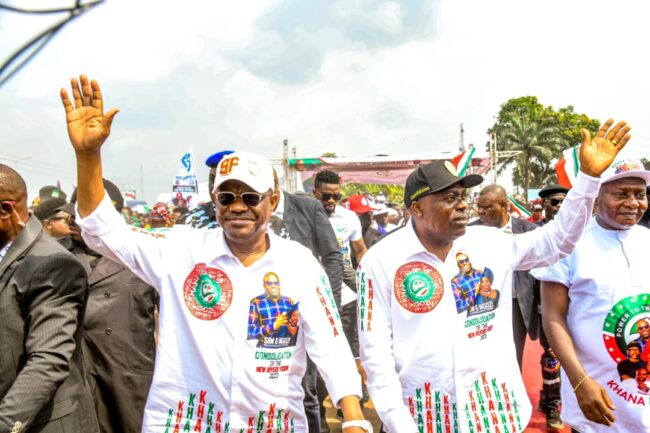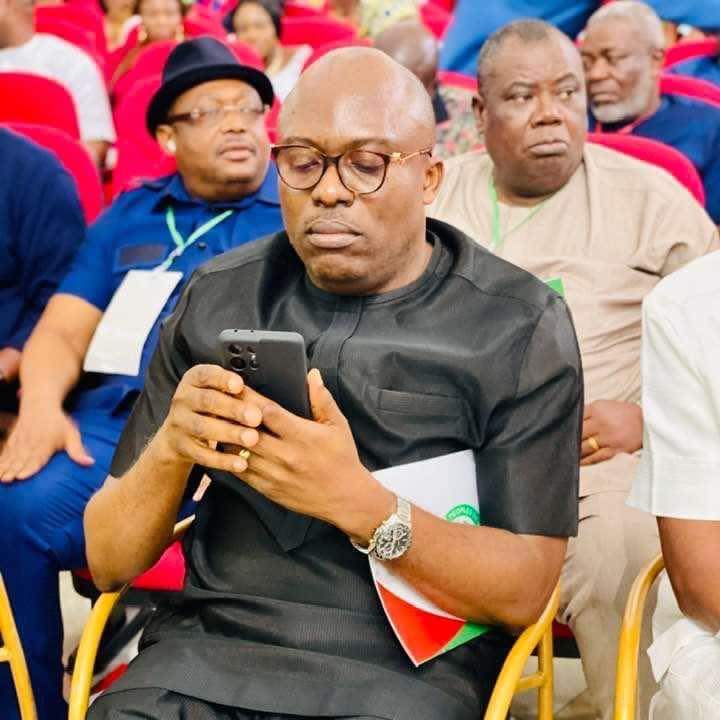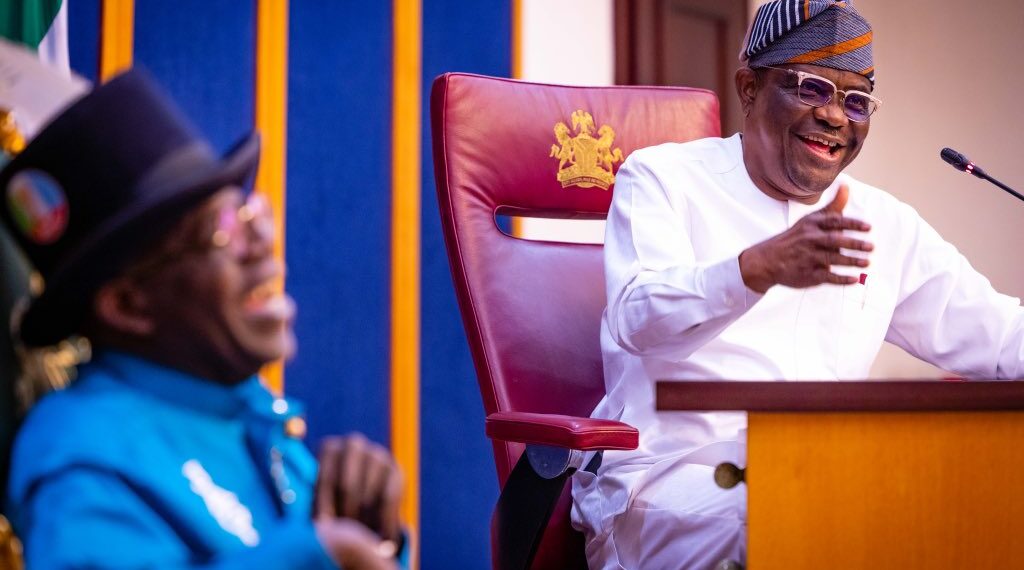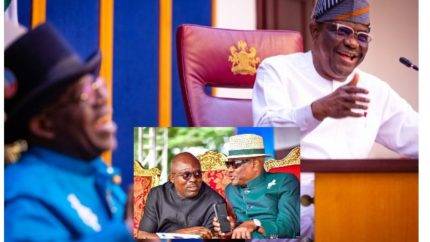In a bid to resolve the protracted political crisis in Rivers State, President Tinubu took on the role of a mediator, orchestrating a closed-door summit at the Presidential Villa in Abuja. The summit aimed to defuse escalating tensions between Governor Siminalayi Fubara and former Governor Nyesom Wike, who currently serves as the FCT minister. Recognizing the significance of the crisis, prominent elders from Rivers State, including former Governor Sir Peter Odili, reached out to President Tinubu, urging him to intervene and restore political stability.

The closed-door proceedings at the Presidential Villa brought together influential figures, marking a pivotal moment in the ongoing political narrative of Rivers State. President Tinubu engaged in diplomatic dialogue with Governor Fubara, strategically convening key stakeholders to establish a framework for political harmony. As the nation awaited signs of compromise and resolution, the summit was viewed as a calculated gamble by Tinubu to prevent the deepening of the crisis.
President Tinubu’s Mediation Approach and Political Landscape
President Tinubu’s foray into diplomatic maneuvering in Rivers State underscored his reputation for adept mediation. The closed-door summit held the promise of not only quelling immediate tensions but also reshaping the trajectory of political dynamics in the state. The success of Tinubu’s mediation approach could herald a new era of stability, with implications for future power structures and alliances in Rivers State. Against the backdrop of historical rivalries, the closed-door meeting became a defining chapter in the unfolding narrative, capturing the essence of political uncertainty and potential transformation with far-reaching consequences beyond Rivers State.
Outcome of the Closed-Door Resolution for Rivers State Political Crisis
The closed-door summit led to a significant breakthrough in the Rivers State political crisis, as both factions signed a peace agreement outlining key resolutions. The outcomes of the resolution include the immediate withdrawal of all court matters initiated by Governor Fubara and his team regarding the political crisis. Additionally, all impeachment proceedings against Governor Fubara initiated by the Rivers State House of Assembly were to be dropped immediately.

Recognizing the Leadership and Reinstating Benefits
The peace agreement acknowledged the leadership of the Rivers State House of Assembly, led by Rt. Hon. Martin Amaewhule, alongside the 27 members who resigned from the PDP. It also mandated the recognition and reinstatement of remunerations and benefits for all members of the Rivers State House of Assembly and their staff. Governor Fubara was barred from interfering with the full funding of the Assembly.
Ensuring Legislative Independence and Budget Representation
The Rivers State House of Assembly gained autonomy in choosing where to sit and conduct legislative business without interference from the Executive arm of government. Governor Fubara committed to re-presenting the state budget to a properly constituted Rivers State House of Assembly.

Reappointing Commissioners and Rejecting Caretaker Committees
The peace agreement stipulated that commissioners in the Rivers State Executive Council who resigned due to the political crisis should have their names resubmitted to the House of Assembly for approval. Moreover, the dissolution of the Local Government administration and the proposed caretaker committee were declared null and void, emphasizing the rejection of interference in local governance.
President Tinubu’s successful mediation efforts not only averted a deeper crisis in Rivers State but also showcased his diplomatic prowess, setting a precedent for conflict resolution in Nigerian politics. The peace agreement marked a turning point in the political landscape of the state, bringing hope for stability and collaboration among political stakeholders.














